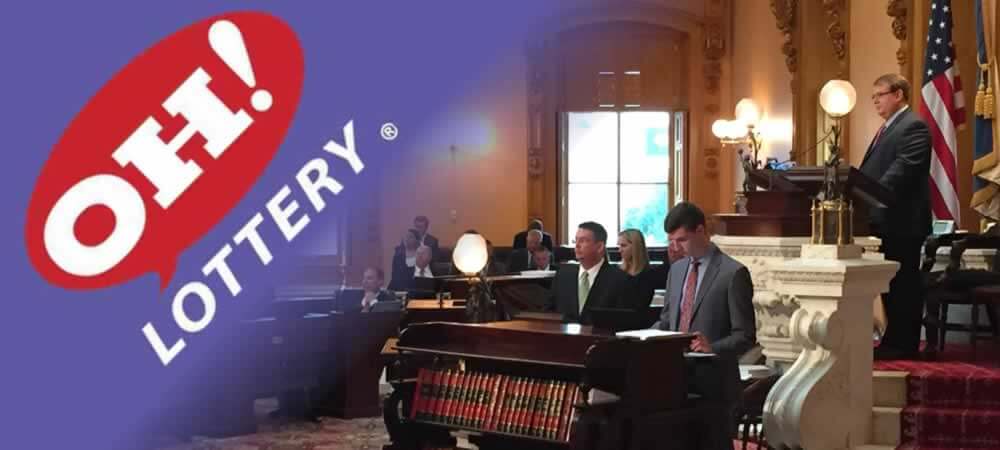- Mike DeWine, Governor of Ohio, cut over $300 million from the state’s education budget last week.
- The Ohio State Legislature is currently debating who will regulate a theoretical future Ohio sports betting market.
- Bill Coley, a state Senator, is asking for the Ohio State Lottery to be more vocal in terms of possible solutions to this education budget crisis.
COLUMBUS, Ohio. - The Ohio State Senate might be looking to use the lottery in Ohio for help as budget cuts come for important programs.
Right now, in Ohio, the current budget plans call for massive cuts to school programs in Ohio, as the Governor, Mike DeWine, cut $335 million dollars from school budgets last week.
Ohio’s constitution requires that the budget be balanced, which arguably necessitated these cuts by the Governor.
However, one State Senator, Bill Coley, is urging that the Ohio State Lottery address possible revenue-raising methods in order to prevent or mitigate these cuts.
Coley wrote a letter to the Ohio Lottery Director, Patrick MacDonald, in which he states his desire for lottery advice regarding how best to raise this money.
In the letter, Coley states that “It is time for the Lottery to step forward and recommend ways to maximize lottery profits”, noting further that “legislators are debating competing plans to fight illegal gaming by allowing legal sports betting in Ohio. One plan favors oversight from the Lottery, the other calls for the Casino Control Commission to oversee and benefit from sports betting.”
The main thrust of the letter is to demand action and advice from the Ohio State Lottery - Coley has been dissatisfied with their silence in a time of crisis.
The main debate between the two chambers of the Ohio State Legislature has been about which regulatory body would control legalized sports betting in Ohio.
Coley appears to favor the state lottery controlling the theoretical Ohio sports betting industry, while some of his counterparts in the Ohio State Legislature would prefer control be handed over to the Ohio Casino Control Commission.
With regards to legalizing sports betting, Coley’s letter says the following:
“Legal sports betting is one way that Ohio could bring in new revenue. The Ohio House already has passed a sports betting bill and the Ohio Senate is expected to pass a rival measure by year’s end. Given the Lottery’s expertise, I am confident that its leadership team can propose a reasonable alternative that would help boost money for education and help small businesses that have been selling Lottery products for many years.”
Ohio Lottery Response
Ohio Lottery spokeswoman Danielle Frizzi-Babb, responded to the letter by noting that the lottery is happy to discuss how the lottery can help to balance the budget.
"We are happy to continue conversations with the legislature and the administration on ways the lottery can come up with additional innovative ideas to help raise profits for education in Ohio," Frizzi-Babb opined, per Cincinnati.com.
The situation in Ohio appears fluid still, and it remains unclear what form a theoretical Ohio based sports betting market would take.
Perhaps Coley views this as an opportunity for the State Lottery to step up, and demonstrate its value - value that Coley could then use to argue that they should be running sports betting within the state.
